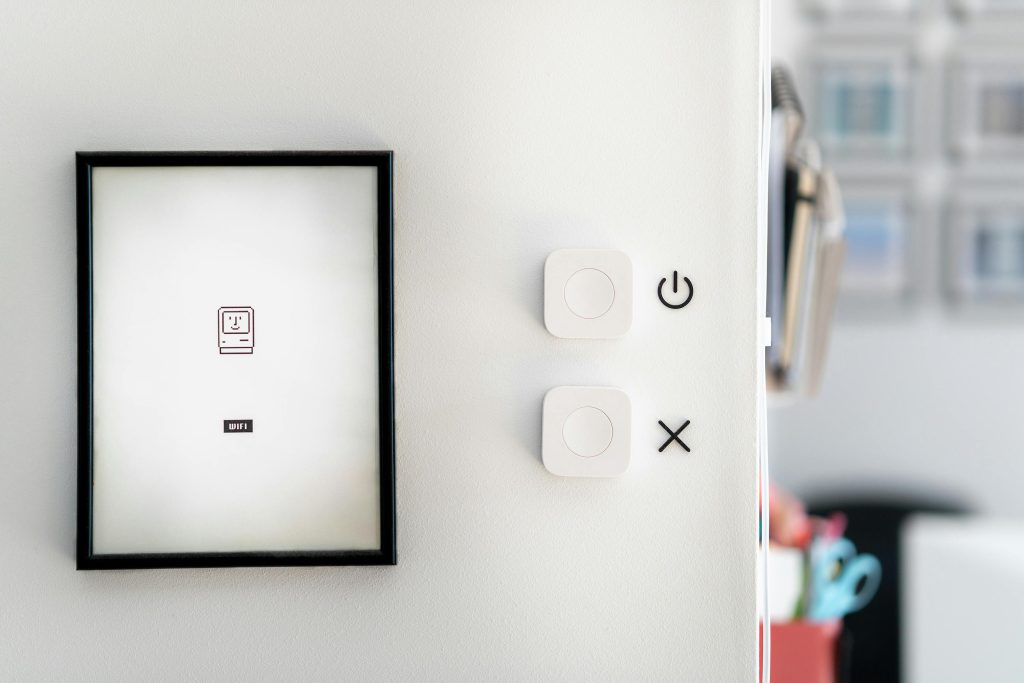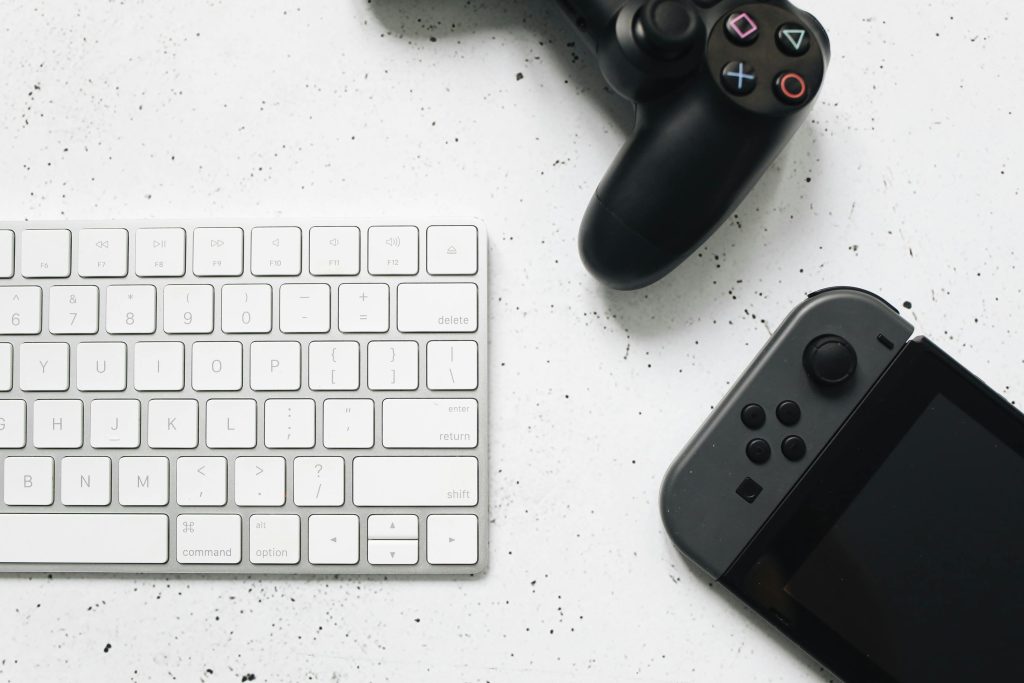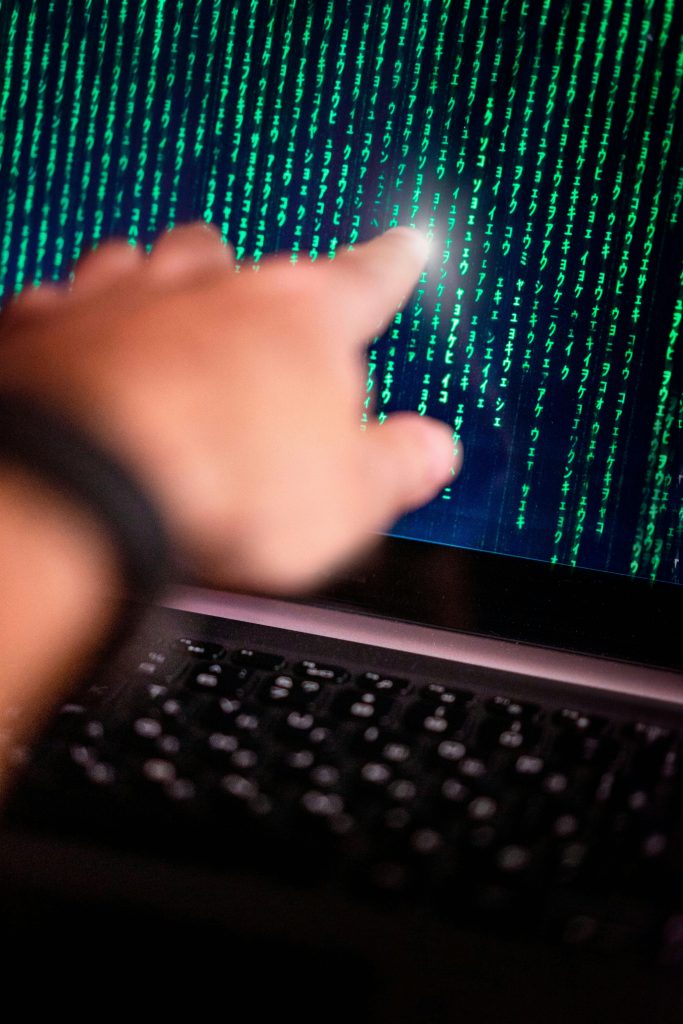Is My SSD About to Fail?
Recently, I’ve encountered a troubling situation with my gaming setup that has prompted some serious concern. While attempting to update my games on Steam, I noticed that the updates simply wouldn’t proceed. After some investigation, I turned to CrystalDiskInfo—a tool I rely on to monitor the health of my SSD. The results were alarming: the software indicated that my SSD was at 100% failure risk.
This revelation left me wondering: is my drive on the brink of complete failure? The implications of a failing SSD can be daunting, especially for gamers and those who rely heavily on their systems for work or creative projects.
In this post, I’ll explore signs of SSD deterioration, potential next steps to safeguard your data, and tips on choosing a reliable replacement should you find yourself in a similar predicament.
Recognizing the Signs
First, it’s essential to understand the warning signs of a failing SSD. If you begin experiencing frequent crashes, file corruption, or the inability to install updates, these could be indications that something is wrong with the drive. Regularly checking the health of your SSD using diagnostic tools can help catch issues early on.
What to Do Next
If you suspect your SSD is failing, here are some immediate steps you should take:
-
Backup Your Data: Before your drive fails completely, ensure you back up your files to an external drive or cloud storage. This is crucial for preserving important information and avoiding data loss.
-
Diagnostic Tests: Run further diagnostic checks to confirm the SSD’s health status. There are various tools available that can help analyze not just the overall condition but also specific attributes of the drive.
-
Consider Replacement: If the results confirm a critical failure, it may be time to shop for a new SSD. Look for trusted brands and consider the specifications that suit your needs best, whether it’s speed, storage capacity, or durability.
In conclusion, if you’re facing a similar scenario and suspect your SSD may be on its last leg, take action quickly. Being proactive can save you a lot of headaches and ensure that your gaming experience (or work) remains uninterrupted.
Stay vigilant, and don’t hesitate to share your experiences or tips in the comments!
Share this content:




Hello,
It sounds like your SSD health is a significant concern, especially with the 100% failure risk indicated by CrystalDiskInfo. When an SSD reports such critical health issues, it’s essential to act promptly to prevent data loss and system instability.
Here are some recommended steps:
It’s always good practice to monitor your SSD’s health periodically and ensure regular backups. If you’re unsure about the diagnostic results or need assistance with data migration, professional support or a technician can help ensure a smooth transition.